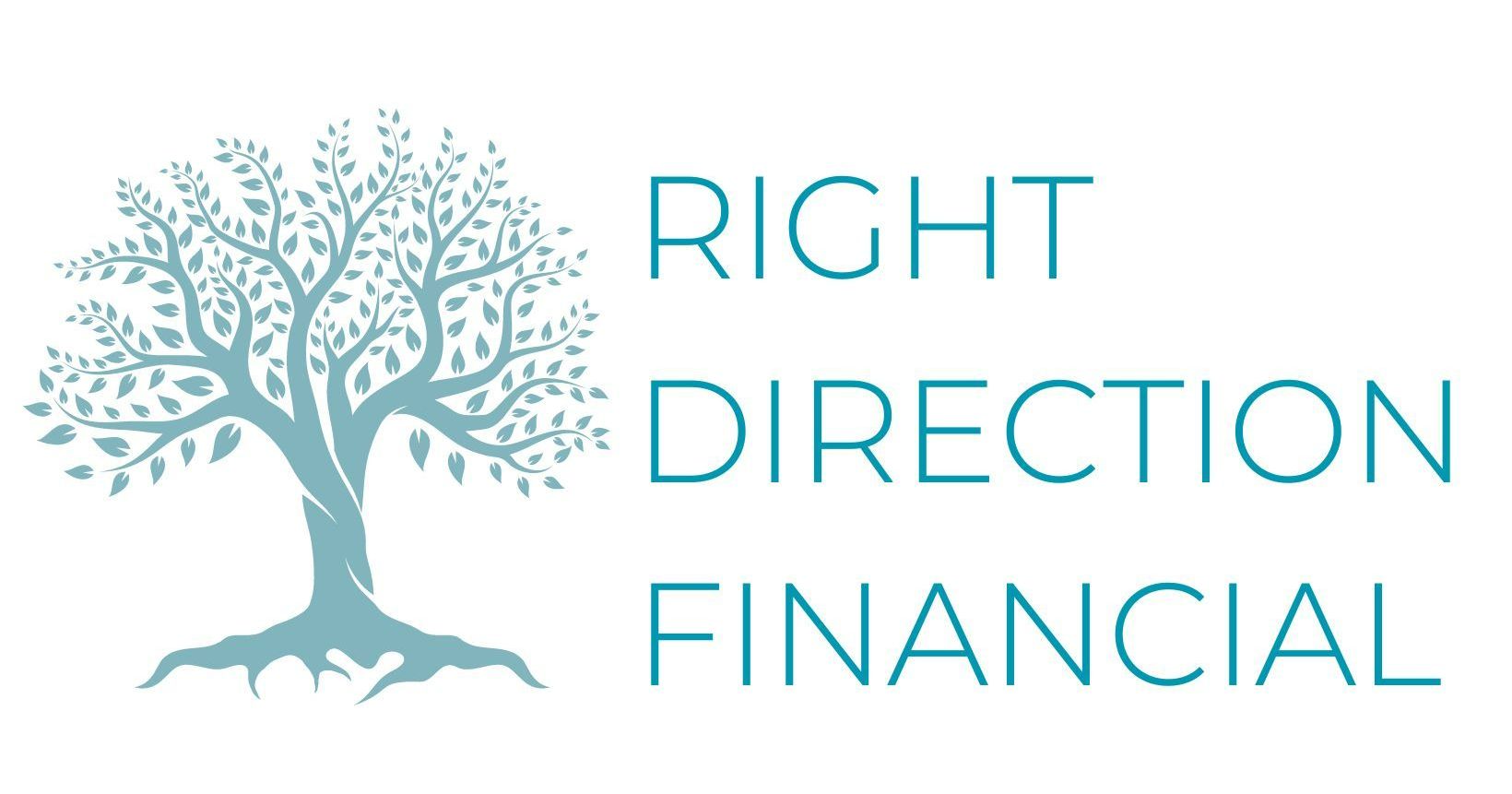As the end of the year quickly approaches, we recommend exploring potential tax planning opportunities for 2023. The following considerations are not personalized advice, and we always recommended consulting with your Financial Advisor or accountant before implementing any suggestions.
- Owner-Manager Remuneration:
Optimize the mix of salaries and dividends for owner-managers to minimize taxes, considering factors like RRSP entitlements, CPP contributions, Tax on Split Income, and BC Employer Health Tax. Income splitting may be feasible if family members provide services.
- Lifetime Capital Gains Exemption:
The lifetime capital gains exemption limit for 'qualified small business corporation' shares has increased to $971,190 in 2023, indexed to inflation for future years.
- Personal Income Tax Rates:
The combined federal and provincial top marginal tax rate remains at 53.50%, applicable for income exceeding $240,000. Maximum marginal tax rates for eligible and regular dividends are 36.54% and 48.89% in 2023, respectively.
- Principal Residence Rules:
The principal residence exemption reduces gains on property disposition. New anti-flipping rules apply from 2023, and late principal residence designations may incur penalties.
- Trust Income Allocations:
Unallocated income in inter vivos trusts is taxed at the highest personal tax rate. Allocate trust income to beneficiaries by December 31, 2023.
- Review Your Will:
Changes to the Income Tax Act in 2016 affect certain trusts. Consider tax implications and update your estate plan, especially if making charitable gifts through your will.
- Low-Interest Loans:
Utilize the CRA's prescribed interest rate of 5% for income splitting with family members through related party loans. Payments must be made before January 30, 2024.
- Capital Losses:
Offset capital gains by realizing capital losses before December 31, 2023. Be cautious of the superficial loss rule if repurchasing the same investments.
- RRSP Contributions:
Contribute to RRSP by February 29, 2024, for a deduction on your 2023 tax return. Consider contribution limits, unused room, and special considerations for individuals turning 71 this year. (Individuals turning 71 this year have until December 31st to make a final contribution to their RRSP, potentially lowering their tax bill significantly).
Note: Another potential move for individuals turning 71 this year involves over-contributing to your RRSPs in December if you have earned income that will generate contribution room in 2024. This strategy, albeit with a small penalty tax of 1% of the overcontribution less $2,000, allows individuals to take advantage of the increased contribution limit in the following year.
- Spousal RRSP:
Spousal RRSP contributions present another opportunity. You can contribute to your spouse (or common-law partner’s) RRSP until December 31st of the year they turn 71. By contributing to a spouse's RRSP before year end, individuals can start the clock on the attribution period sooner as it’s based on calendar years, potentially leading to tax benefits.
- RRIF Withdrawal:
If you're 65 or older and not using the pension income credit, withdrawing $2,000 from a Registered Retirement Income Fund (RRIF) qualifies for the credit and can be used for income splitting purposes.
- Delaying Certain Actions:
Delaying certain financial actions such as the realization of capital gains until January can defer taxes to the next year. For the Home Buyers' Plan or Lifelong Learning Plan, delaying withdrawals to the new year postpones your repayment schedule by a year. (If you're considering investments in mutual funds or segregated funds, be aware of potential year-end taxable distributions or allocations).
- Allowable Business Investment Losses:
Realize Allowable Business Investment Losses by selling shares or debt of financially unviable private businesses before December 31, 2023.
- Year-End Planning for Certain Investments:
Time purchases and sales of investments strategically to manage taxable income. Delay purchasing certain investments until January 2024 for tax efficiency.
- Tax-Free Savings Account (TFSA):
Contribute up to $6,500 for 2023 and $7,000 for 2024. Unused contribution room carries forward, and TFSA offers flexibility and tax-free withdrawals.
- First Home Savings Account (FHSA):
Open a First Home Savings Account (FHSA) to start accumulating contribution room. Since unlike TFSAs, contribution room does not automatically accrue and unlike RRSPs, contributions in the first 60 days of 2024 can not be used for 2023.
- Registered Disability Savings Plan (RDSP):
Set up an RDSP for eligible individuals, providing tax benefits on contributions and tax-free growth within the plan.
- Registered Education Savings Plan (RESP) Contributions:
Contribute to an RESP by December 31, 2023, to qualify for the Canada Education Savings Grant. Consider income limits and other eligibility criteria.
- Defer a Bonus:
Discuss with your employer the possibility of deferring a 2023 bonus until January 2024 to defer tax payments.
- Interest Deductibility:
Ensure loan interest deductions meet the criteria. Consider deductibility of life insurance premiums assigned as collateral for a loan.
- Investment Counseling Fees:
Deductible for non-registered accounts. Fees for managing registered accounts are not deductible.
- Review Your Personal Use of Employer-Provided Automobiles:
Consider the tax implications of personal use of company-owned vehicles, especially the standby charge.
- Purchasing Business Assets:
Purchase business assets before year-end for early capital cost allowance claims and GST credit eligibility.
- Moving Expenses:
Deductible if moving within Canada for employment or business reasons. Maintain a detailed log for CRA audit purposes.
- Charitable Donations:
Make charitable donations before December 31, 2023, to qualify for tax credits. Consider donating appreciated securities for additional tax benefits.
- Political Donations:
Qualify for tax credits by making political donations before December 31, 2023, adhering to federal and provincial limits.
- Medical Expenses:
Ensure medical expenses are paid within any twelve-month period ending in 2023 to qualify for a tax credit.
- Adoption Costs:
Claim a tax credit for adoption-related expenses, up to a maximum of $18,210 per child.
- Child Care Expenses:
Deduct childcare expenses within specified limits, considering age, disability, and earned income of the claimant.
- Canada Child Benefit:
Ensure timely filing of tax returns to receive the tax-free Canada Child Benefit, recalculated annually based on income.
- Spousal Support and Maintenance:
Deductible for the payer and included in the income of the recipient. Exception for child support payments.
- Home Accessibility Tax Credit:
Claim up to $20,000 in eligible expenditures per calendar year for qualifying individuals, enhancing home accessibility.
- Eligible Educator School Supply Credit:
Teachers and early childhood educators can claim a refundable tax credit for eligible teaching supplies.
- Students:
Utilize tax exemptions for scholarship income, claim tuition credits, and consider reporting foreign university tuition fees.
- B.C. Volunteer Firefighters and Search and Rescue Volunteers Tax Credit:
Claim a credit for individuals providing volunteer service to fire departments or eligible search and rescue organizations.
- File Tax Returns for All Family Members:
Ensure all family members file tax returns to accumulate RRSP contribution room and qualify for certain benefits.
- Offshore Investments:
Comply with reporting requirements for specified foreign property and foreign affiliate holdings. U.S. citizens living in Canada must also meet U.S. tax obligations.
The comments contained herein are a general discussion of certain issues intended as general information only and should not be relied upon as tax or legal advice. Please obtain independent professional advice in the context of your particular circumstances.
Follow Us
iA Private Wealth Inc. is a member of the Canadian Investor Protection Fund and the Canadian Investment Regulatory Organization. iA Private Wealth is a trademark and a business name under which iA Private Wealth Inc. operates.
This is not an official website or publication of iA Private Wealth and the information and opinions contained herein do not necessarily reflect the opinion of iA Private Wealth. The particulars contained on this website were obtained from various sources which are believed to be reliable, but no representation or warranty, express or implied, is made by iA Private Wealth, its affiliates, employees, agents or any other person as to its accuracy, completeness or correctness. Furthermore, this website is provided for information purposes only and is not construed as an offer or solicitation for the sale or purchase of securities. The information contained herein may not apply to all types of investors. The Investment Advisor can open accounts only in the provinces where they are registered.
Products and services provided by third parties, including by way of referral, are fully independent of those provided by iA Private Wealth Inc. Products offered directly through iA Private Wealth Inc. are covered by the Canadian Investor Protection Fund, subject to exception. iA Private Wealth Inc. does not warrant the quality, reliability or accuracy of the products or services of third parties. Please speak to your advisor if you have any questions.
All Rights Reserved | Right Direction Financial
Proudly built and managed by Sommer Digital Inc.


















